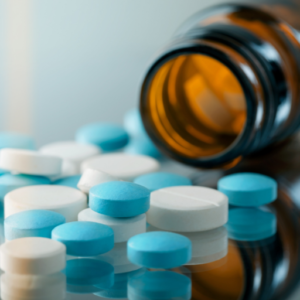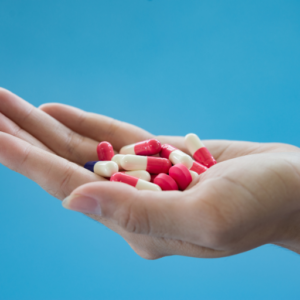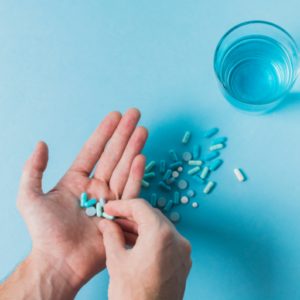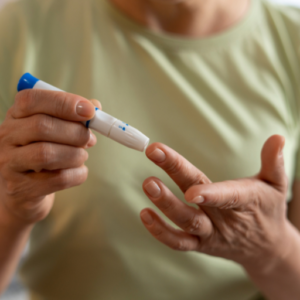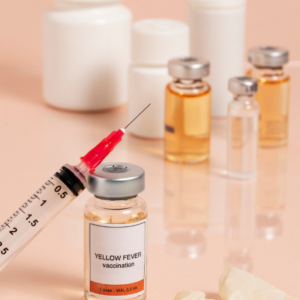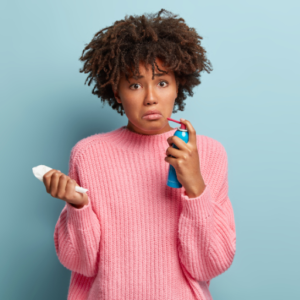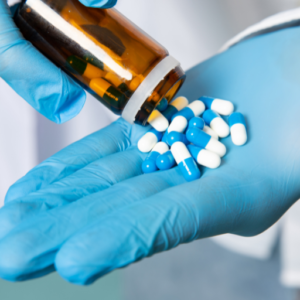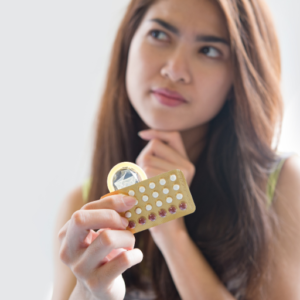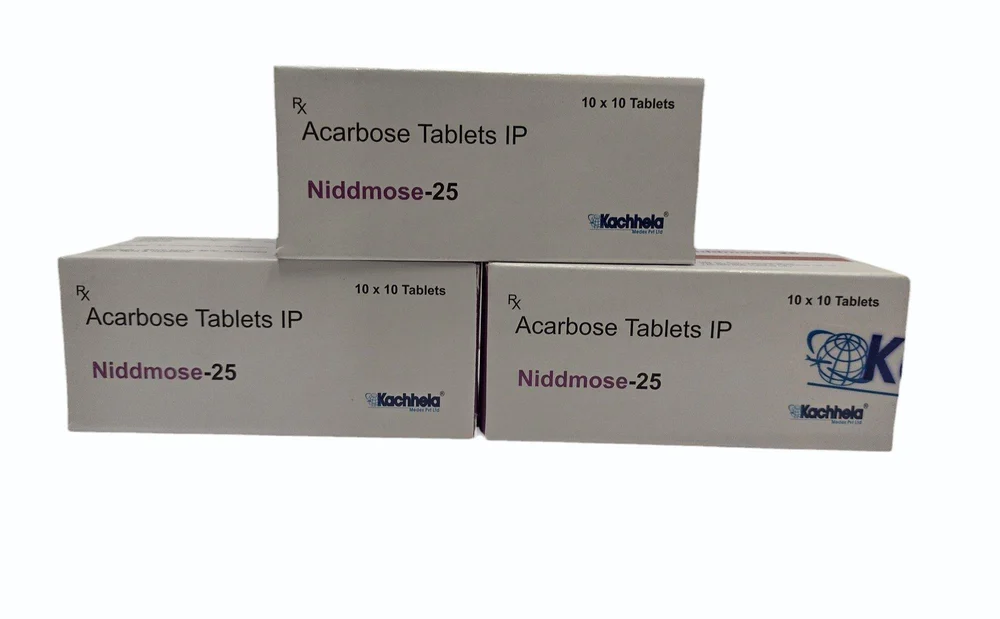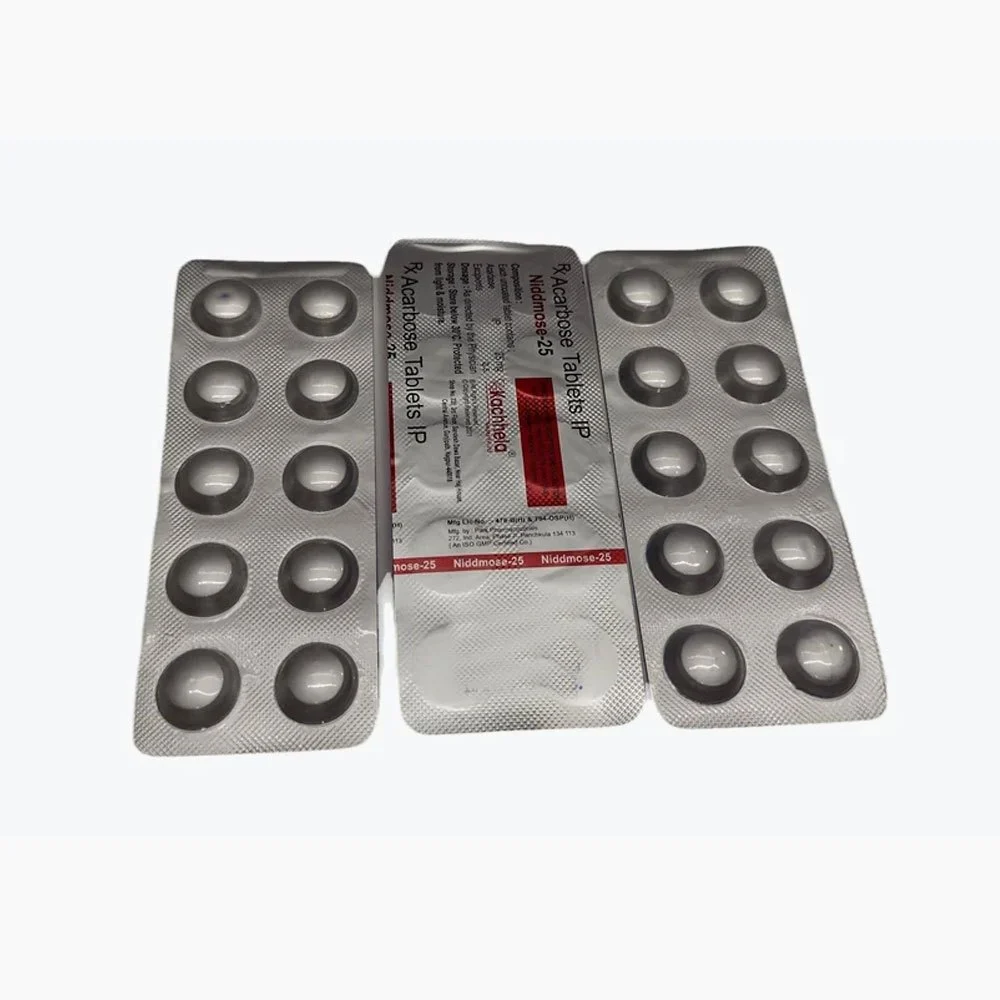Niddmose 25mg
| Package | Per tablet | Savings | Price |
|---|---|---|---|
| 180 tablets | $0.37 | $21.2 | $88.2 $67 |
| 150 tablets | $0.38 | $16.5 | $73.5 $57 |
| 120 tablets | $0.39 | $11.8 | $58.8 $47 |
| 90 tablets | $0.41 | $7.1 | $44.1 $37 |
| 60 tablets | $0.43 | $3.4 | $29.4 $26 |
| 30 tablets | $0.5 | – | $14.7 |
What is this medicine?
NIDDMOSE (Acarbose) is an oral anti-diabetic medicine. It belongs to a class of drugs called alpha-glucosidase inhibitors. This medicine is used to treat type 2 diabetes mellitus by helping to lower blood sugar levels after meals. It works by slowing the breakdown of complex carbohydrates into glucose, thus reducing the post-meal rise in blood sugar.
What should I tell my health care provider before I take this medicine?
They need to know if you have any of these conditions:
-
Diabetic ketoacidosis
-
Inflammatory bowel disease
-
Intestinal obstruction or chronic digestive disorders
-
Liver disease
-
Kidney disease
-
Any condition that may worsen with increased gas production
-
An unusual or allergic reaction to acarbose or other medicines, foods, dyes, or preservatives
-
If you are pregnant or trying to become pregnant
-
If you are breastfeeding
How should I use this medicine?
Take this medicine by mouth at the start of each main meal (with the first bite). Swallow the tablet with a little water or chew with food. Take your doses at regular intervals. Do not take your medicine more often than directed.
Do not stop taking this medicine unless advised by your doctor or health care professional.
Overdosage: Acarbose overdose may not cause low blood sugar but may lead to abdominal discomfort, gas, or diarrhea. Avoid foods or drinks with sugar (sucrose) for several hours. Contact a poison control center or emergency room if serious symptoms occur.
What if I miss a dose?
If you miss a dose and have already started eating, skip the missed dose. Do not take it later. Do not take double or extra doses.
What may interact with this medicine?
-
Digestive enzyme products (like amylase or pancreatin)
-
Diuretics
-
Corticosteroids
-
Estrogens or oral contraceptives
-
Isoniazid
-
Thyroid medicines
-
Phenytoin
-
Medicines that may increase or decrease blood glucose levels
-
Insulin or other oral anti-diabetic drugs (may increase risk of hypoglycemia)
-
Activated charcoal (if taken for another reason)
This list may not describe all possible interactions. Give your health care provider a list of all the medicines, herbs, non-prescription drugs, or dietary supplements you use. Also tell them if you smoke, drink alcohol, or use illegal drugs.
What should I watch for while using this medicine?
-
Monitor your blood sugar regularly as directed.
-
Follow your diabetic diet closely.
-
Carry a source of glucose (like glucose tablets or gel), as regular sugar (sucrose) is not effective in treating low blood sugar due to this medication.
-
Report any unusual gastrointestinal symptoms.
-
Periodic liver function tests may be recommended by your doctor.
-
Tell your doctor if you experience persistent diarrhea or abdominal discomfort.
Women should inform their doctor if they become pregnant or plan to breastfeed.
What side effects may I notice from this medicine?
Side effects that you should report to your doctor as soon as possible:
-
Severe abdominal pain
-
Yellowing of the skin or eyes (jaundice)
-
Swelling in the feet or legs
-
Signs of liver problems (dark urine, fatigue)
-
Allergic reactions like rash, itching, swelling of face/lips/throat, or difficulty breathing
Side effects that usually do not require medical attention (report if persistent or bothersome):
-
Flatulence (gas)
-
Abdominal bloating
-
Diarrhea
-
Mild abdominal discomfort
This list may not describe all possible side effects.
Where should I keep my medicine?
-
Keep out of the reach of children.
-
Store at room temperature between 20 and 25 degrees C (68 and 77 degrees F).
-
Protect from moisture and heat.
-
Keep the container tightly closed.
-
Throw away any unused medicine after the expiration date.




